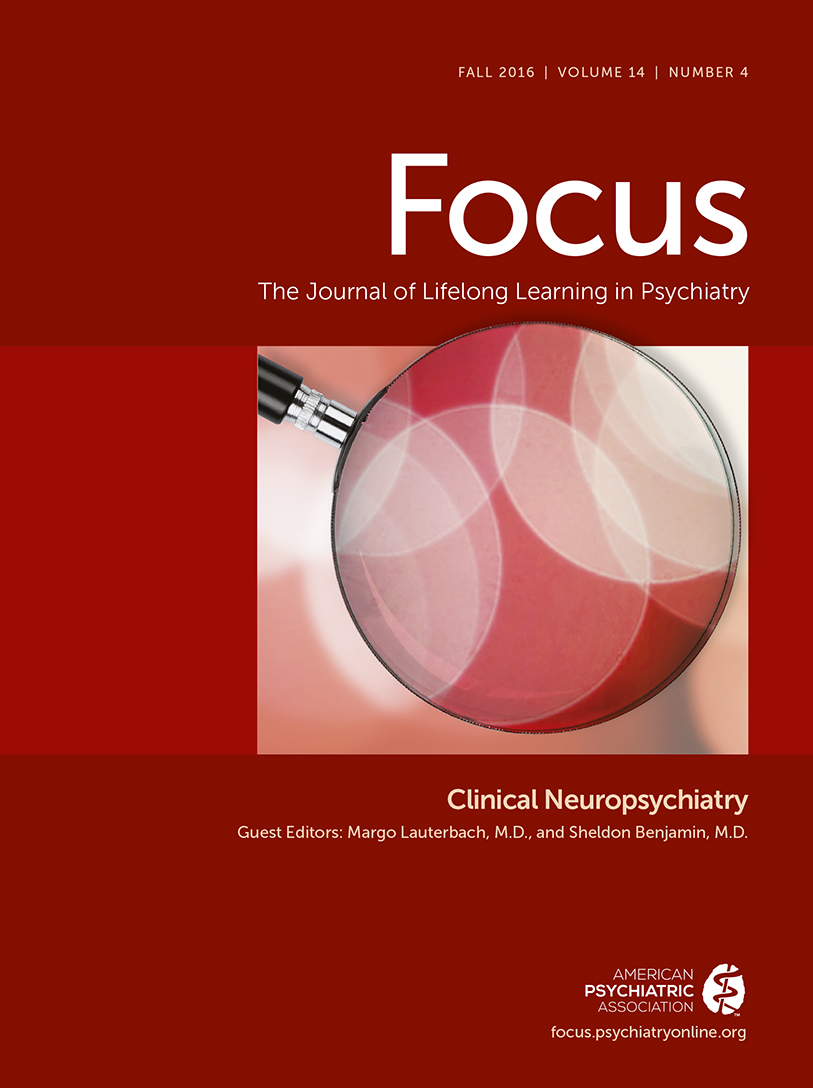The Neuropsychiatric Spectrum of Motivational Disorders
Abstract
Adaptive behavior requires neural systems that mediate the evaluation of stimuli in terms of the well-being of the organism and generate subsequent goal-directed behavior. The authors provide an overview of these systems, with an emphasis on those related to positive motivation/approach. The authors outline the contributions of various disciplines to the current understanding of these systems and discuss their dysfunction in the context of multiple neuropsychiatric disorders in terms of deficits, dysregulation, excess, and related syndromes. Illustrative examples are provided, with an emphasis on functional neuroimaging studies. This approach can provide a foundation for conceptualization, diagnosis, and targeted neuromodulatory therapeutics of neuropsychiatric disorders.
(Reprinted with permission from The Journal of Neuropsychiatry and Clinical Neurosciences 2015; 27:7-18)



